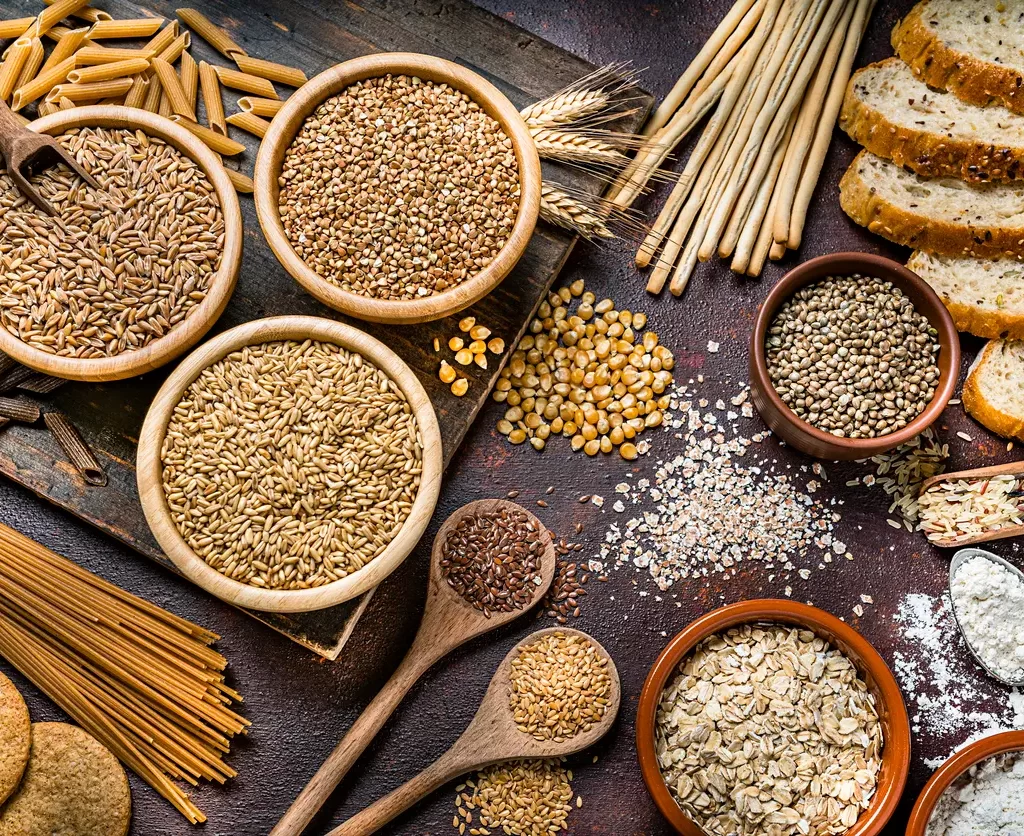
What are the most important and best whole grains for health?
What are the most important and best whole grains for health?
Whole grains contain the three parts of the wheat plant: the bran, germ and endosperm, which contain important nutrients, such as antioxidants, protein, fiber and B vitamins.
Whole grains contribute a large portion of the fiber to the diet, a nutrient that many do not consume on a daily basis. Fiber helps in the digestive process and also plays a role in preventing chronic diseases, according to what was published on the Today program website, broadcast by the American network NBC. Experts recommend eating at least three servings of whole grains daily. But there are multiple options outside of eating whole wheat bread, as follows:
• Amaranth
• barley
Brown rice
• Black rice
• black wheat
• Bulgur
• Freekeh
• Millet
• Oats
• Quinoa
• Maize
• Sorghum
• tiff
• Crushed wheat
Healthy whole grains
It is almost impossible to call one whole grain the healthiest. But if there was a need to choose one, oats would be considered the healthiest whole grain. Like many other whole grains, oats are rich in fiber and protein, and are affordable, versatile, and easily accessible.
Oats are at the top of the list
There is also a lot of research on the benefits of oats. Specifically, oats contain a special fiber called beta-glucan, which has been linked to lowering levels of bad LDL cholesterol. It has been proven that oats are beneficial for digestion and intestinal health. Also, oats promote the growth of healthy bacteria in the gut, which plays a role in digestive health, immune system function, and cognition.
More protein in amaranth
Besides oats, there are a few other whole grains that have unique properties, such as amaranth, which contains higher levels of protein, estimated at about 9 grams per cooked cup. Amaranth has a creamy, porridge-like consistency, and dried amaranth can also be eaten as a crunchy alternative to popcorn.
Health benefits of sorghum
Sorghum is a gluten-free grain that is rich in protein and fibre. It is also rich in antioxidants, and research indicates that eating sorghum reduces some important biomarkers of chronic diseases.
Weight loss
Whole grains contain two nutrients that help with weight loss: protein and fibre. Protein contributes to enhancing muscle mass, helps control appetite, and reduces the desire to eat foods between meals. Foods that contain fiber stay in the stomach longer, increasing the feeling of fullness between meals. These two nutrients have been linked to weight loss and weight maintenance.
Although many assume that whole grains rich in carbohydrates contribute to weight gain, research suggests otherwise. A study, conducted in 2023 and whose results were published in the BMJ journal, revealed a relationship between carbohydrate intake and weight changes. The results found that the type of carbohydrates consumed was most important for weight gain. Specifically, the researchers concluded that replacing refined grains with whole grains was associated with a reduction in excess weight over 24 years.






